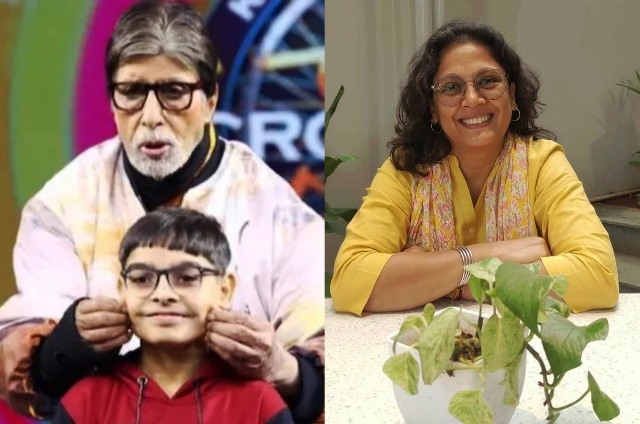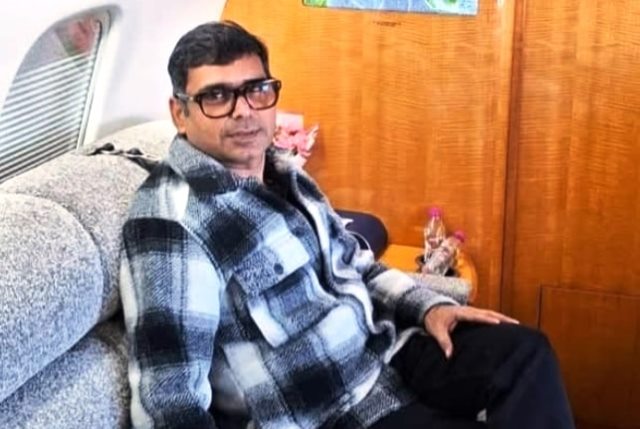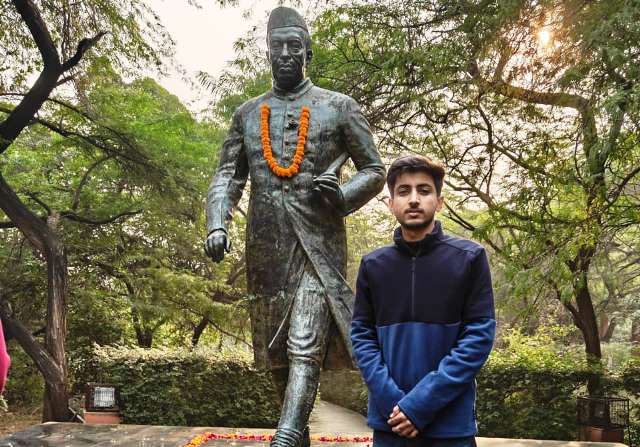
‘Children Follow Examples; If We Model Humility, They Will Pick It’
Rashmi Surana, a seasoned educator & parenting coach, says the trolling of a young KBC contestant for ‘disrespecting’ Big B raises questions about how to raise children. Her views:
When I saw a young contestant on Kaun Banega Crorepati getting trolled for “disrespecting” Amitabh Bachchan, my first instinct wasn’t to judge the child but to reflect. I saw a child trying to flaunt his knowledge in a high-pressure environment, and while doing so, he missed out the lessons about humility and respect for elders. What disturbed me more, though, was the reaction of his parents. They didn’t seem to find anything wrong with his behaviour. And that, to me, is where the real issue lies.
We are living in an incredibly competitive environment. Every parent wants their child to shine above the rest, to stand out in a crowd of also-rans. Even 3- or 4-year-olds are being labelled “introverts” if they don’t express themselves eloquently. Presentation skills seem to have taken precedence over genuine knowledge.
Of course, these skills matter. Confidence, public speaking, leadership, all are important. But there’s a thin line between being confident and being arrogant. And that line is often blurred when values aren’t taught early on.
The formative years are crucial. Habits, attitudes, and social behaviours are all shaped then. But in trying to create a positive environment for our children, we often go to the other extreme, never saying “no”, never showing them the mirror of reality.
Humility in communication should be emphasised right from the beginning. Something as simple as using the magic words, please, thank you, sorry, with everyone, irrespective of their social standing, can make a world of difference. Whether it’s the aunties helping at school, the bus driver, or community helpers, expressing gratitude should become a natural part of growing up.
ALSO READ: ‘Are We Raising Children For Social Media Reels?’
What worries me is that children are still learning, but sometimes it’s the parents’ attitude that’s more concerning. As the time parents spend with their children reduces, the choice of caregiver becomes even more important. Children need to learn to respect everyone, regardless of age, gender, or status.
And while we’re all quick to comment when such incidents go viral, let’s remember, social media can be harsh. The trolling this child faced almost bordered on bullying.
In my view, what we truly need today is parental guidance, not just for academics or achievements, but to teach empathy, humility, and communication. Soft skills should take precedence over presentation skills. Because attitude matters. EQ and IQ — both are important, but EQ is what helps you navigate the world with grace.
Even small things, like guiding a child on the tone and pitch of their voice, helping them understand when to be assertive, when to be gentle, go a long way. India, as a culture, is already quite loud; it’s not necessary to be loud to be heard. One can be firm and respectful at the same time.
And most importantly, children need to be heard, understood, and guided. It’s okay to say no once in a while , but how we say it matters. Instead of a blunt refusal, we can reframe it: “Instead of this, should we try it that way? What do you think sounds better?”
Children respond to examples, not instructions. If we model humility, they’ll learn it. If we practice gratitude, they’ll mirror it. Because ultimately, they learn more from who we are than from what we tell them.
As told to Mamta Sharma



